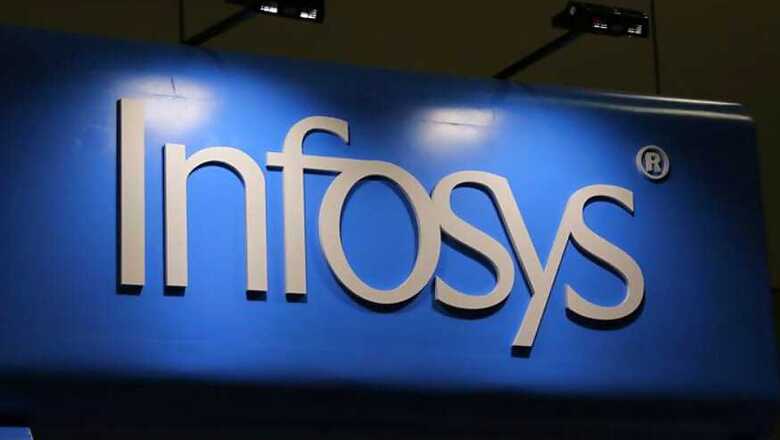
views
New Delhi: IT major Infosys has flagged off concerns around increased rejection of work visa applications, and said this could result in delays and increase in project costs for its clients.
The Bengaluru-based company has already been ramping local hiring in key markets like the US to tackle increasing scrutiny around work visas by various governments.
"Recently, there has been an increase in the number of visa application rejections. This has affected, and may continue to affect, our ability to obtain timely visas and staff projects. As a result, we may encounter delays or additional costs in managing such projects," Infosys said in a recent regulatory filing.
Infosys also noted that the company may have to apply in advance for visas or could incur additional cost in maintaining such visas that could result in additional expenses.
The company also warned that its international expansion strategy, and business could be materially adversely affected if change in immigration and work permit laws impairs its ability to staff projects with local workers.
Previously, Infosys had stated that stricter work visa norms across various markets like the US and Australia will not "constrain" its business growth as the IT firm is focussing on hiring locals and training workforce in these geographies.
"....what we are building with this localisation approach is really gearing towards making sure that our business model evolves in the right way, without sacrificing the best elements of the business model for the future. So, I don't think we see that this is going to constrain our business growth," Infosys CEO Salil Parekh had said.
Over the past many months, there has been increased scrutiny over the temporary work visas in various countries like the US and Australia. This has prompted many Indian IT companies to tweak their business models by reducing dependence on visas and hiring more people overseas, instead.
Infosys has announced that it is setting up four technology and innovation hubs and hiring about 10,000 locals in the US over a two-year period. Of this, about 4,000 people have already been hired.




















Comments
0 comment